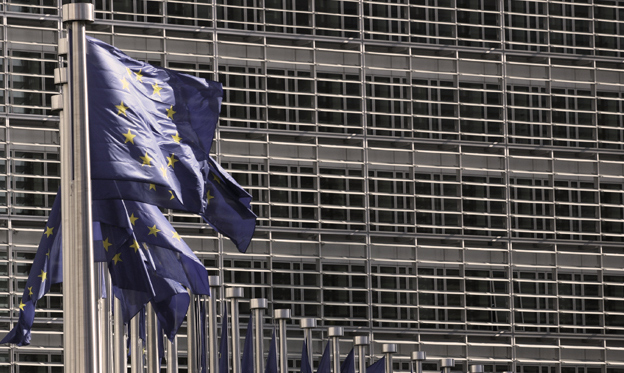
Insights | February 6, 2018
AG Wahl provides fresh opinion on gun-jumping in EY/KPMG DK
On 18 January 2018, Advocate General Nils Wahl ("AG Wahl") delivered his non-binding opinion to the Court of Justice of the European Union ("CJEU") in a case concerning a request for a preliminary ruling by the Danish Maritime and Commercial Court relating to a merger between auditing firms Ernst & Young ("EY") and KPMG Denmark ("KPMG DK").
The EU merger regulation sets out a standstill obligation, according to which the parties to a transaction may not close the transaction before the Commission has approved the deal. Prior to obtaining clearance, companies must continue acting independently and parties breaching the standstill obligation, also referred to as gun-jumping, can be fined. Most national competition laws contain similar standstill obligations and penalties for the breach thereof. This is the case also under Danish competition law which was applicable to the case concerned.
In November 2013, EY entered into an agreement with KPMG DK on joining their activities in Denmark. On the same day KPMG DK withdrew from the international KPMG network. The transaction was notified to the Danish competition authority (DCCA) on 7.2.2014. The DCCA approved the transaction but opened a subsequent investigation into whether by withdrawing from the KPMG network KPMG DK had in fact implemented the merger with EY in breach of the standstill obligation. As a result of this investigation, the DCCA found that KPMG DK had violated the standstill obligation because the termination of the cooperation agreement was merger-specific, irreversible and impacted the entire market. EY and KPMG DK appealed the DCCA decision to the Danish Maritime and Commercial Court and the Court submitted a request for a preliminary ruling to the European Court of Justice (CJEU) on the question of the proper interpretation of the standstill obligation under European law.
In his opinion, AG Wahl disagreed with the DCCA. The AG found that the termination of the membership agreement did not violate the standstill obligation and that the merging entities remained competitors. He also stated that the standstill obligation does not affect measures which precede and are severable from the measures actually leading to the acquisition of the possibility of exercising decisive influence on a target undertaking. In addition, AG Wahl’s view was that none of the criteria suggested by the DCCA are of relevance for determining the scope of the standstill obligation.
AG Wahl’s opinion is in stark contracts with the approach taken by the Commission in its decision practice. The CJEU is expected to rule on the matter in the course of the year.